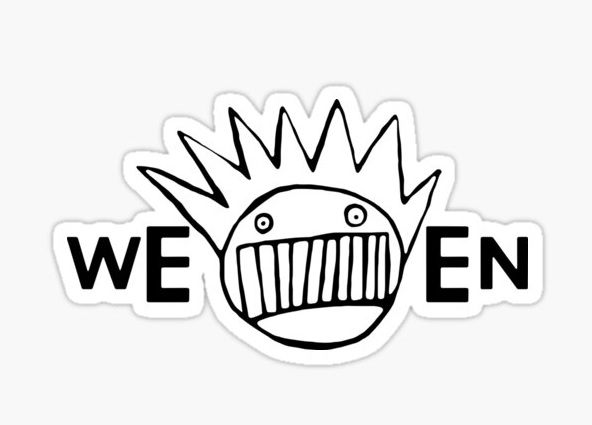Introduction
In the vast landscape of music, where conformity often dominates, there exists a band that defies categorization and challenges conventional norms – Ween. Formed in New Hope, Pennsylvania, in 1984, Ween, consisting of childhood friends Aaron Freeman (Gene Ween) and Mickey Melchiondo (Dean Ween), embarked on a musical odyssey that can only be described as irreverent, eclectic, and utterly unique. This essay takes you on a journey through Ween’s unconventional discography, exploring the band’s experimental spirit, genre-bending prowess, and enduring impact on the music industry.
The Experimental Genesis
Ween’s early albums, including “GodWeenSatan: The Oneness” (1990) and “The Pod” (1991), showcased their experimental approach to music. Mixing elements of rock, punk, psychedelia, and even country, these albums were a whirlwind of musical influences. Ween’s ability to seamlessly blend disparate genres set the stage for their future sonic adventures.
Chocolate and Cheese: Mainstream Success with a Twist
The release of “Chocolate and Cheese” in 1994 marked a turning point for Ween. This album combined catchy melodies with subversive lyrics, gaining the band a cult following. Tracks like “Buenas Tardes Amigo” and “Voodoo Lady” showcased their songwriting dexterity, while songs like “Spinal Meningitis (Got Me Down)” highlighted their dark, satirical humor.
The Mollusk: A Seafaring Adventure
Released in 1997, “The Mollusk” is often considered Ween’s magnum opus. Inspired by maritime themes, the album took listeners on a surreal seafaring journey. Tracks like “Ocean Man” and the title track displayed Ween’s ability to create immersive, oceanic atmospheres, cementing their reputation as musical storytellers.
White Pepper: A Departure into Pop
With “White Pepper” (2000), Ween embraced a more polished sound, exploring the realms of pop and alternative rock. This departure showcased their versatility as musicians, proving that they could navigate mainstream waters while retaining their distinct artistic identity. Songs like “Even If You Don’t” and “Stay Forever” demonstrated their pop sensibilities, captivating a broader audience.
La Cucaracha: A Quirky Farewell
“Ween’s 2007 album, “La Cucaracha,” turned out to be their final studio album before going on hiatus. The album encapsulated their signature irreverence, featuring tracks like “Your Party” and “Object,” which showcased their ability to infuse humor into every note.
Legacy and Influence
Ween‘s musical legacy extends far beyond their disbandment. Their eclectic style and fearlessness in experimenting with various genres have influenced a new generation of artists. Bands like Tame Impala, Mac DeMarco, and The Flaming Lips cite Ween as a significant influence, testament to their enduring impact on the music industry.
Conclusion
Ween’s discography is a testament to the power of musical exploration and the beauty of embracing the unconventional. Their ability to seamlessly blend genres, their witty lyricism, and their audacious approach to music have carved a unique niche in the hearts of fans. Ween’s journey through irreverent and eclectic sounds has left an indelible mark on the music landscape, reminding us all of the boundless possibilities that exist when artists are unafraid to defy conventions and express their creativity in its purest, most unfiltered form. As long as music lovers appreciate innovation, humor, and the unexpected, Ween’s discography will continue to be a cherished treasure trove of auditory delights.
